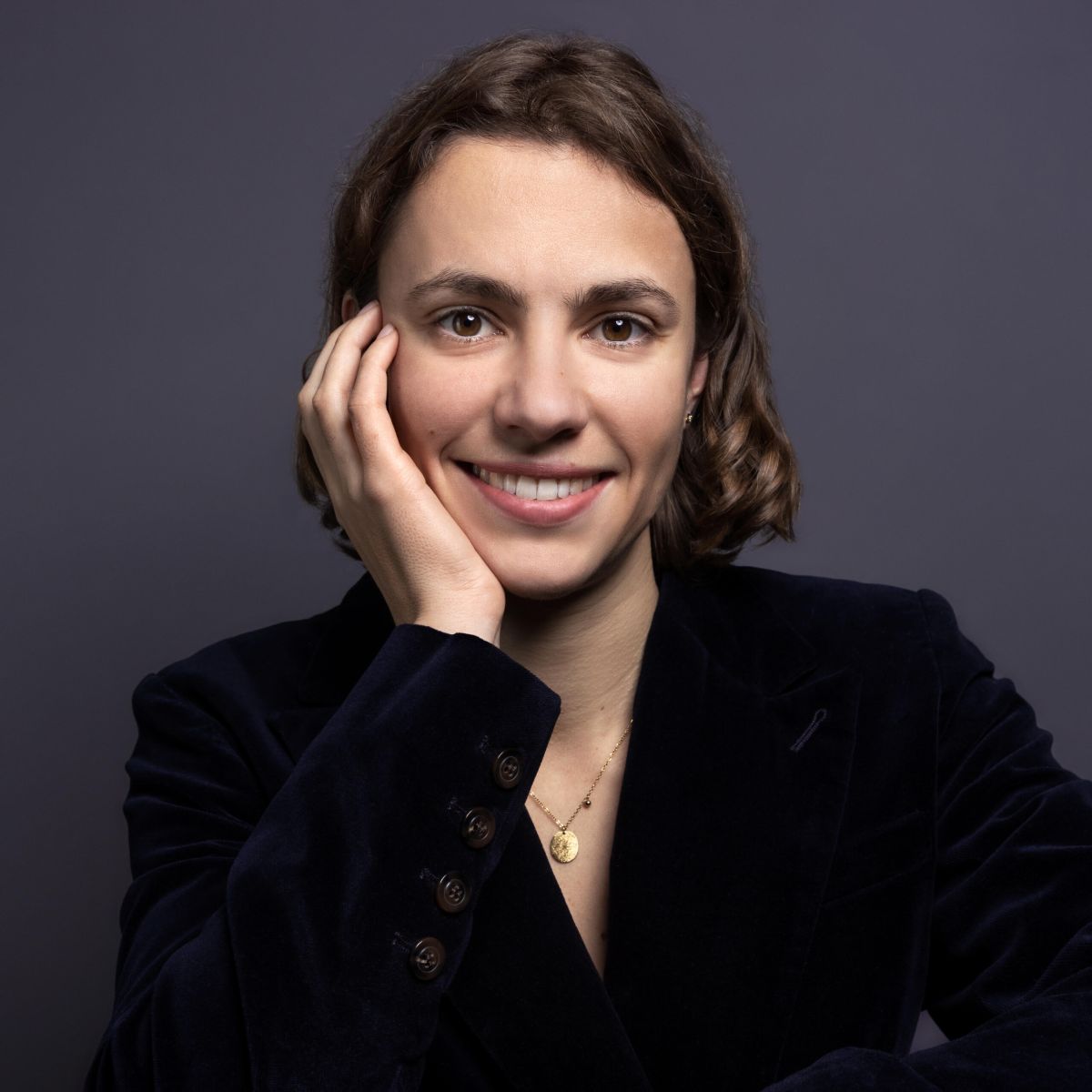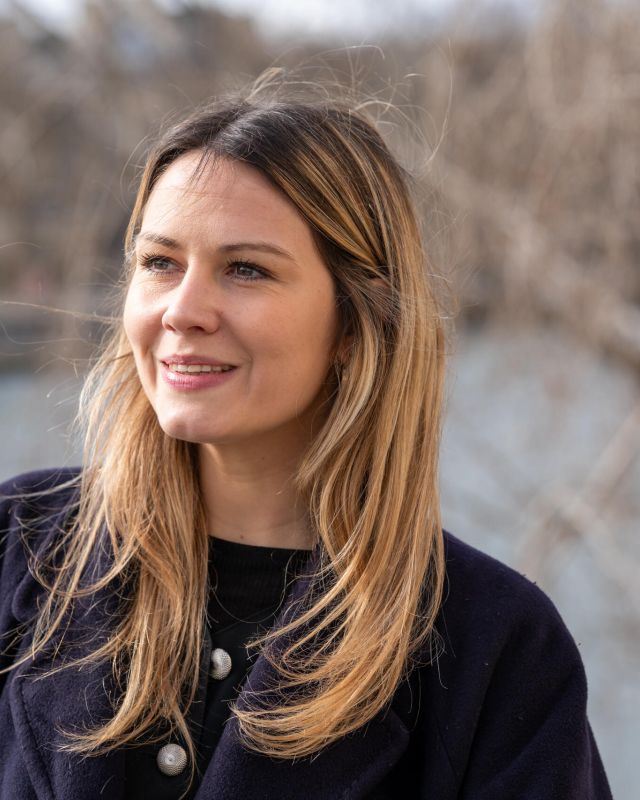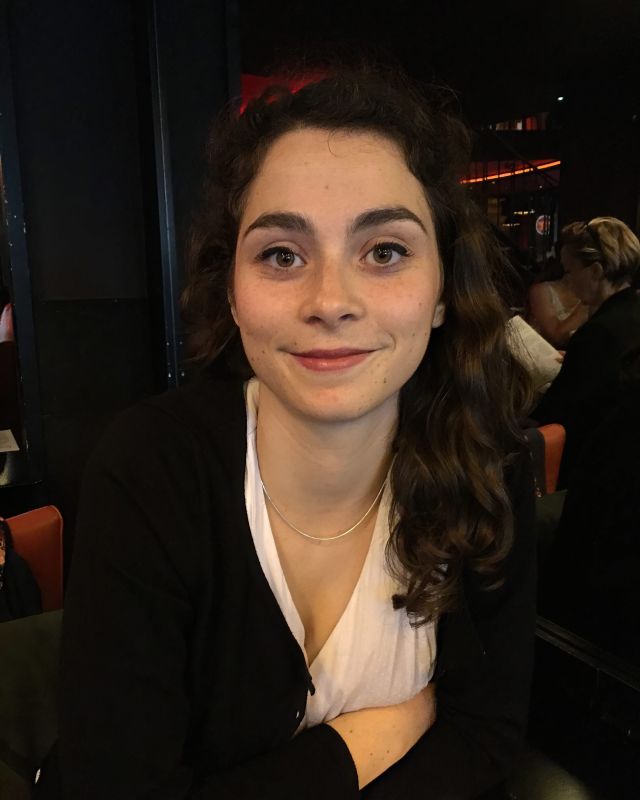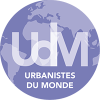Portrait

Marion Waller - GLM 2014 - General Director of the Pavillon de l'Arsenal
Published on | Alumni Portraits
Portrait created by Milena Larue on 4 October 2023
Hello Marion, could you first reflect on your academic background and the motivations that led you to the GLM Master’s programme?
I initially pursued a dual degree at Sciences Po Paris / Paris IV in political science and philosophy, during which I attended an introductory course on urban planning with Delphine Papin in my second year. I loved this course and wanted to delve deeper into this field of urban studies. During my third year in the Philippines, I was able to engage with urban studies, which confirmed my desire to work on major cities and join the GLM Master at the Urban School. At the same time, I continued my philosophy studies within a Master’s programme between ENS and EHESS; it was very important for me to pursue this dual degree.
What have been the most valuable lessons from the Master’s programme?
Over time, I have come to realise just how much the Master has influenced and shaped me, particularly through the richness of the comparative approach which, for me, has become an obvious point, whereas in the French professional context, it is far from being so. In my work today, I still instinctively ask myself: how do other cities do it? This is a Master’s programme that is also quite theoretical, and there are concepts I have greatly appreciated and that have left a mark on me, such as ‘implementation’ or the theorisation of public policies with terms like ‘cross-coalition’. I also completed a capstone project with APUR, which allowed me for the first time to work on Paris.
One of the questions that students are most interested in: Where did you do your final internship, how did you find it, and what did you learn?
From the first year of GLM, I began working for the municipal campaign as a volunteer, and subsequently, I was hired at the City Hall before I had finished my Master’s degree. I took a gap year during which I completed my Master 2 in philosophy while working at City Hall simultaneously. Therefore, my final internship was my job as an advisor to the Deputy Mayor on urban planning, attractiveness, and the Grand Paris project. What was most important for me was tracing and constructing my path, exploring adjacent fields to preserve my deep motivations and what truly pleased me.
What have been your other roles from your entry to City Hall to your position as Director of the Pavillon de l’Arsenal?
I was initially an Advisor and then Deputy Director of the cabinet, working from the start on the Réinventer Paris project, which enabled me to follow a project in its entirety, master all its aspects, and progress quite quickly. I stayed for 6 years, throughout the entire term, which is quite long. In 2020, I joined the Mayor’s cabinet, focusing on architecture, heritage, public spaces, and funeral affairs. This was rather different, as in a deputy's cabinet, we are there to implement urban planning projects and we fight to negotiate with other deputies and partners, whereas in the Mayor’s cabinet, it is more about regulation and the flow of information between the Mayor, her deputies, the borough mayors, and external parties, all with different interests. I remained there for 3 years. Following this journey, when I felt I had the maturity to lead an organisation and drive projects, the Board of the Pavillon de l’Arsenal appointed me. This was the culmination of a path where I learned to know Paris and the entire ecosystem that revolves around it, which allows me to approach this role with confidence, knowing the key players in place and the tools to initiate projects.
You had a political commitment but also strong ecological convictions; did working for the municipality mean believing in the power of cities to initiate and guide transitions?
I have always been in a cabinet at City Hall; it was a choice I made to be able to drive public policies and to be in the place where we think about how to communicate projects and how to connect architects, the general public, and journalists. I strongly believe in the power of cities to effect change; I believe in urban planning, I believe in specific public policies for large cities, and I believe that Paris has been an interesting site for experimentation in this regard. This is a belief that I try to pursue at the Pavillon de l’Arsenal to demonstrate how cities can engage in dialogue with each other and find common solutions. For instance, we are launching a series of European conversations to promote dialogue among major European cities that need to leverage their political and economic power, along with their symbols, to initiate and drive the transition.
What are your projects at the Pavillon de l’Arsenal?
I want to demonstrate that it is a place where we can still transform the city, and that is not a given; it is a cultural battle. I want to leave room for creativity, for architects, urban planners, and landscape architects, and show how we can do things right, in a concrete manner, to engage the public. My projects are also linked to the fact that the Pavillon will undergo renovations for two years, meaning we will be temporarily displaced. These are constraints but also opportunities for us to metropolitanise, to take our audience to sites in the Grand Paris. In terms of scales, what interests me is metropolitanisation and internationalisation. I also strive for each exhibition to extend in all directions, for an exhibition to be a subject that engages us as an institution and to propose a rich associated programme with urban walks and meetings with stakeholders, for example. Alongside the exhibitions, I want us to continue producing thought as a research centre, particularly through our FAIRE call for projects where we select projects from architects, students, and designers each year to better support them.
Finally, do you have any advice for students?
I would say it is important to follow your passions and your unique qualities. It is challenging when you are a student to know what you want. Hence the importance of clinging to the values and projects that inspire you. When something piques your interest, go for it; cultivate your curiosity and trust your instincts. This is how you meet people who resonate with you and with whom you can work and thrive.
Lily Munson - GLM 2017 - Secretary General of Villes Vivantes
Published on 07 June 2025
To begin with, could you give us a brief overview of your background and the reasons that led you to the GLM master's programme? My background has been quite…
Léa Loubier - STU, 2015 - A path focused on housing policies and access to housing
Published on 08 January 2019
To begin with, could you give us a brief overview of your background and the reasons that led you to the STU master’s program? After completing my A-levels, I…
 English
English  Français
Français 




